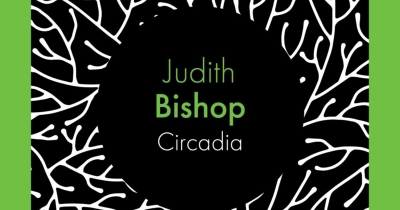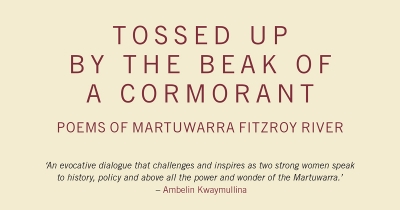Review
The Anxious Generation: How the great rewiring of childhood is causing an epidemic of mental illness by Jonathan Haidt
by Tim McMinn •
Trans Figured: On being a transgender person in a cisgender world by Sophie Grace Chappell
by Jack Nicholls •
A Secretive Century: Monte Punshon’s Australia by Tessa Morris-Suzuki
by Susan Sheridan •
Fascists in Exile: Post-war displaced persons in Australia by Jayne Persian
by Robin Prior •
Alfred Dreyfus: The man at the center of the affair by Maurice Samuels
by Peter McPhee •
Limitarianism: The case against extreme wealth by Ingrid Robeyns
by Adrian Walsh •
Tossed up by the Beak of a Cormorant by Nandi Chinna and Anne Poelina
by Robert Wood •









